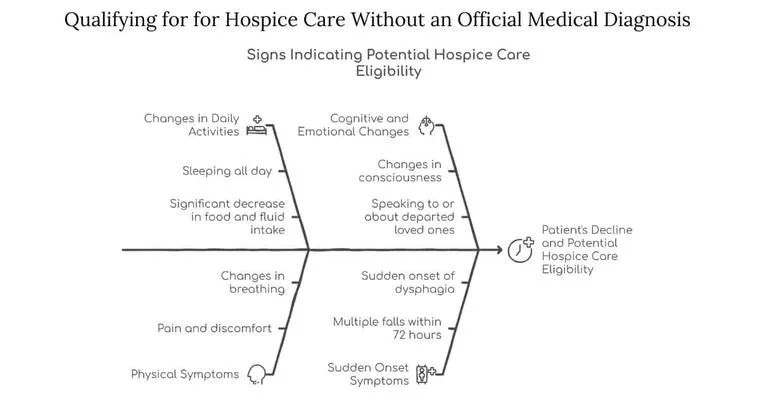As we age, "mental health" becomes an increasingly important aspect of overall well-being. "Geriatric psychiatrists" specialize in the diagnosis and treatment of mental health issues in older adults, addressing conditions such as depression, anxiety, dementia, and other cognitive disorders. Understanding how these professionals can assist you or your loved ones is vital for maintaining a high quality of life as we grow older.
Understanding Geriatric Psychiatry
Geriatric psychiatry is a subspecialty of psychiatry that focuses on the mental health needs of the elderly. "Geriatric psychiatrists" are trained to recognize the unique psychological and medical conditions that older adults face. They are well-versed in the complexities of aging, including the impact of chronic illnesses and the side effects of medications. This specialized knowledge allows them to provide comprehensive care tailored to the needs of older patients.
The Role of Geriatric Psychiatrists
The primary role of a "geriatric psychiatrist" is to evaluate and treat mental health disorders in older adults. They conduct thorough assessments, which may include physical examinations, psychological testing, and discussions about medical history and current medications. By understanding the whole person — both physically and mentally — they can create effective treatment plans.
In addition to diagnosing and treating mental health disorders, "geriatric psychiatrists" also provide valuable support to families. They educate caregivers about the signs and symptoms of mental health issues, helping them to better understand their loved ones' experiences. This guidance can be crucial in managing conditions such as Alzheimer's disease, Parkinson's disease, and other forms of dementia.
Common Conditions Treated
"Geriatric psychiatrists" address a wide range of mental health issues, including:
"Depression": Many older adults experience feelings of sadness or hopelessness, which can be exacerbated by health problems or loss of loved ones.
"Anxiety": Anxiety disorders can manifest as excessive worry about health, finances, or family, often leading to social withdrawal.
"Cognitive Decline": Conditions like dementia and Alzheimer's require specialized interventions to help manage symptoms and improve quality of life.
"Substance Abuse": Older adults may struggle with substance use, which can complicate their overall health and mental well-being.
Treatment Approaches
The treatment methods used by "geriatric psychiatrists" are diverse and can include:
"Psychotherapy": Talk therapy can help older adults process their emotions, develop coping strategies, and improve their overall mental health.
"Medication Management": Geriatric psychiatrists are skilled in prescribing medications that are effective while minimizing side effects, particularly important for older patients who may be taking multiple prescriptions.
"Supportive Services": In some cases, psychiatrists may recommend support groups, community resources, or educational programs to help patients and their families.
The Importance of Early Intervention
Recognizing the need for mental health support early on can significantly impact an older adult's quality of life. If you or a loved one are experiencing signs of depression, anxiety, or cognitive decline, it is essential to reach out to a "geriatric psychiatrist". Early intervention can lead to more effective treatment, improved outcomes, and a better overall quality of life.
Conclusion
"Geriatric psychiatrists" play a critical role in addressing the mental health needs of older adults. By understanding the unique challenges faced by this population, they provide tailored care that promotes mental wellness and enhances the quality of life. If you or someone you care about is struggling with mental health issues, consider consulting a geriatric psychiatrist. Their expertise can make a significant difference in navigating the complexities of aging and mental health.





